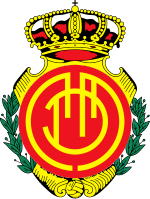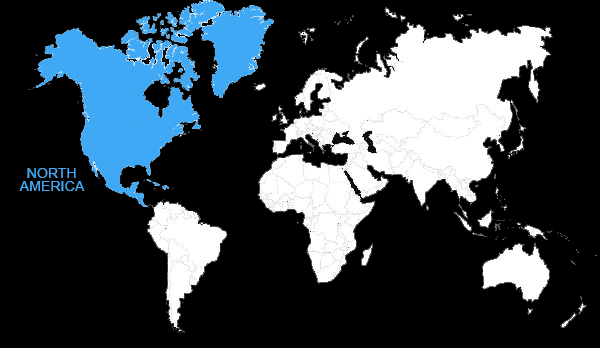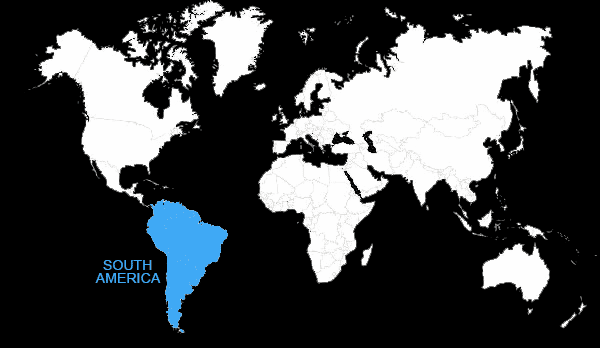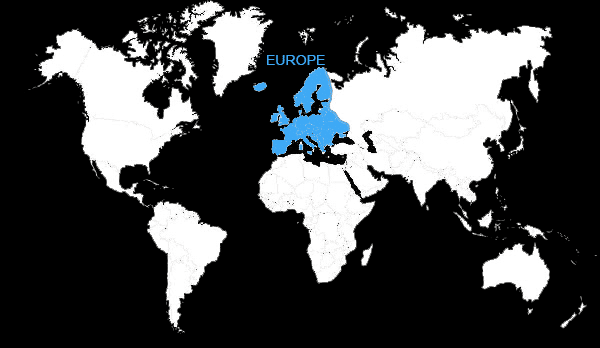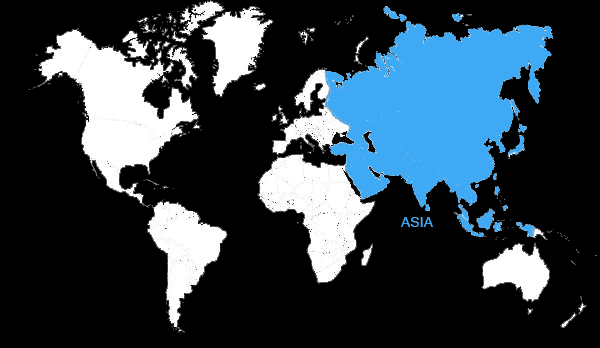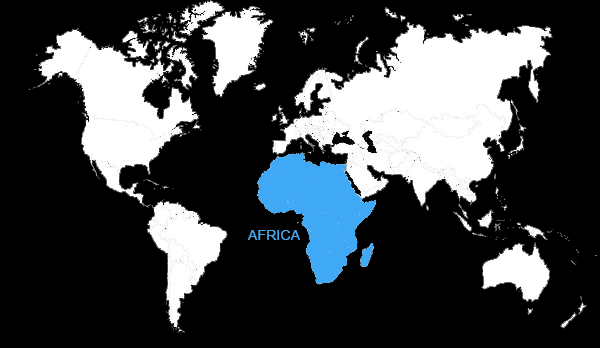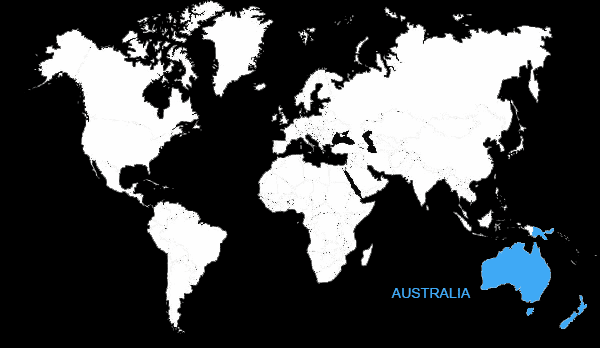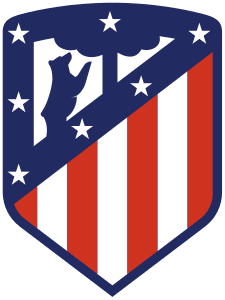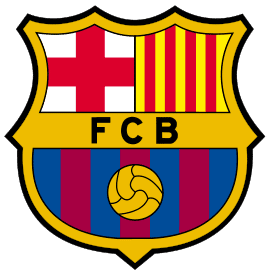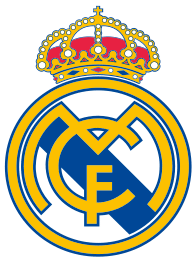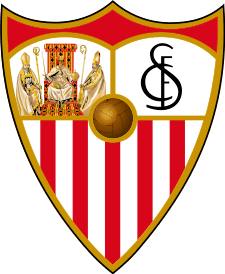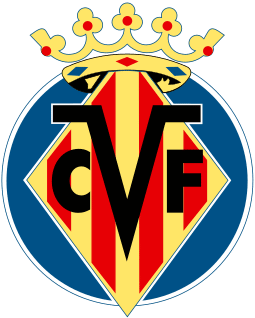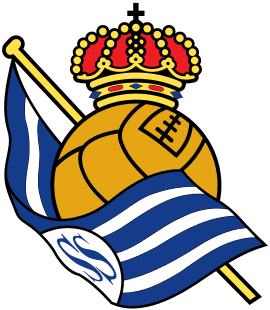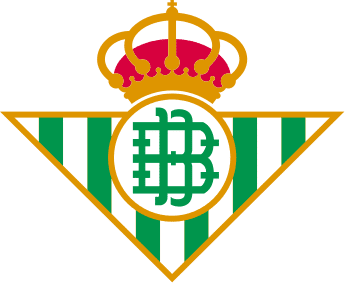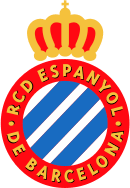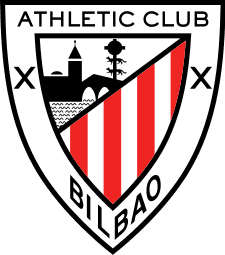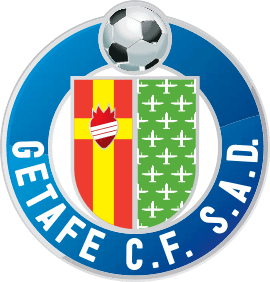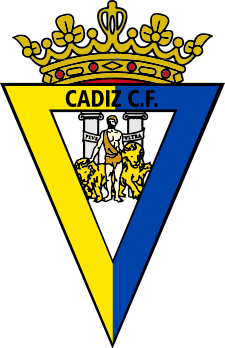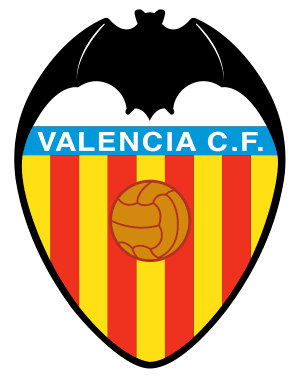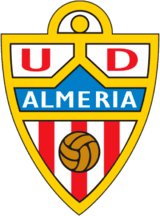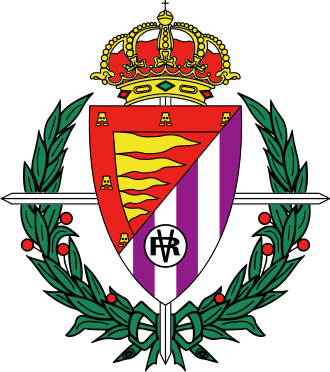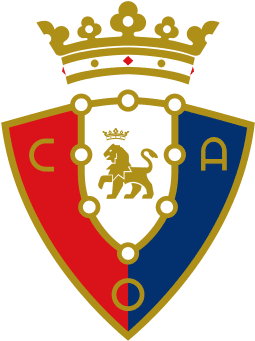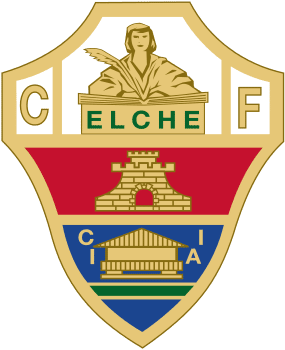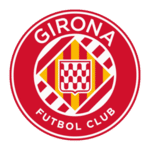RCD Mallorca Tryouts & Club Guide: History, Stadium, Players, and More!

Welcome!
Discover the world of soccer with fcscout.com, your go-to scout for club tryout information, club guides, player profiles, in-depth product reviews, and more. We’re dedicated to exploring and revealing the best in each domain, empowering you with knowledge to make informed choices.
Thank you for being here!
Hi, I’m Carlos! A coach, sports enthusiast, and the founder of FCScout.com.
I fell in love with the game at a very young age like many of you. I’ve been following and playing soccer for many years.
Throughout my career, I always enjoyed helping soccer players chase their dreams, which is why I started this website. I wanted to reach a larger audience outside of my local area and fcscout.com was born.
This website is a platform I will be using to update club pages on any tryouts, stadiums, players, tech, and more from clubs around the world. I also create free recruitment profiles for players looking to have that extra competitive edge when reaching out to clubs.
That’s it. That’s my pitch for you to stick around (or browse the site as you please).
This is already too much text for a “see more” drop-down button thing. If you want to reach out to me, head on over to my contact page 🙂

Unión Deportiva Almería, commonly referred to as Almeria, is a Spanish professional football club in Almería, Spain. The club competes in La Liga, the top flight of Spanish football.
RCD Mallorca Youth Development System
RCD Mallorca has several youth academy teams in its youth development system. These teams include:
- RCD Mallorca B
- Juvenil A
- Juvenil B
- Cadet A
- Cadet B
- Infantil A
- Infantil B
- Alevin A
- Alevin B
- Alevin RTV
- Benjamin A
- Benjamin B
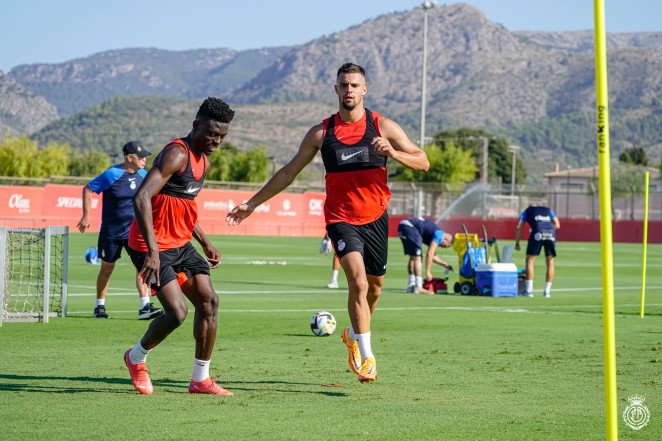
RCD Mallorca Recruitment Trials
At the time of this writing, there are no official publishings on RCD Mallorca trials. Please come back at a later date while we monitor this club or click here to visit their official youth academy news page for the latest updates.
EXPLORE MORE CLUBS!
Explore more professional clubs by continent.
RCD Mallorca History
Alfonso XIII Foot-Ball Club was the name under which the organization that would eventually become RCD Mallorca was registered with the Spanish Football Federation on March 5, 1916, the day it was established.
A few weeks after the club was founded, little time was wasted in forming the directors of Alfonso XIII FBC, which were led by engineer Adolfo Vázquez Humasqué and included eight other people who are passionate about football. After registering further fast-tracked development, their first stadium, the Buenos Aires field, was opened just 20 days later with a competitive match against FC Barcelona. The match served as the stadium’s inauguration. In spite of the fact that the match resulted in a disheartening loss by the score of 8–0, it wasn’t long before King Alfonso XIII himself requested the royal adoption of ‘Real’ in the team’s title, which resulted in the club changing its name to Real Sociedad Alfonso XIII Foot-Ball Club.
Real Sociedad Alfonso XIII was recognized by the Catalan Federation as the unofficial champion of the Balearic Islands in 1917, and as such, they were awarded admittance into the championship of the second-tier league. After securing a spot in the championship game, Los Bermellones went on to win their first championship with a convincing victory over Futbol Club Palafrugell in Barcelona. The score of the game was 3–1.
The board of directors was able to host rare exhibitions against foreign sides such as Ajax in 1923, Uruguay’s national team in 1925, Chilean outfit Colo-Colo in 1927, and one of the Czech Republic’s oldest teams, Prague Meteor, in 1930. They were able to organize matches against peninsular clubs such as RCD Espanyol and Real Murcia up until the 1930s. During that time period, they were also able to organize matches against peninsular clubs such as
The club was renamed “Club Deportivo Mallorca” in 1931 after the foundation of the Second Spanish Republic, which forbade any type of reference to the monarchy in any context.
Although major fixtures and competitions across Spain were soon interrupted by the outbreak of the Civil War in 1936, the squad enjoyed a highly successful spell by winning every possible championship they entered into. This was due to the fact that football on the island remained resistant to the postponement that was experienced throughout the country. After the war was finally over, there was an immediate restart of competition with teams from the Peninsula, and shortly after that, the Second Division was established with five groups of eight teams each.
On September 22, 1945, the moment had come to say farewell to Buenos Aires Field and up sticks to Es Fort, a stadium with a maximum capacity of 16,000 that would be called home for nearly half a century and undergo multiple expansions. This event took place during a time in the Second Division. On the following day, Es Fort thrashed Jerez 3–0 in their first game of the new season. Forward Sebastián Pocov, defender Saturnino Grech, and goalkeeper Antoni Ramallets were all part of the winning lineup. Carlos Sanz scored Es Fort’s first goal in front of packed out terraces. However, the name Es Fort was only used for a brief period of time before being changed to Llu’s Sitjar by the board of directors in order to pay tribute to the individual who was responsible for driving the development of the field.
The Balearic club reclaimed their “Real” title during the 1949–1950 campaign, at which point they changed their name to Real Club Deportivo Mallorca.
Mallorca made their first appearance in the Copa del Rey final in the 1990–1991 season, however they were defeated by Atlético Madrid by a single goal.
In 1997, Argentine Héctor Caper was brought on board to serve as manager. After a 1–1 draw in Mestalla, the 1998 Copa del Rey Final was played, and the team was defeated by FC Barcelona on penalties. This happened during his first season with the club. However, because Barcelona had won the league, Mallorca faced them in the 1998 Supercopa de Espaa. Mallorca defeated Barcelona 3–1 overall to claim their first major title in the process. The double won by Barcelona also qualified Mallorca for the last edition of the UEFA Cup Winners’ Cup, which was played in 1998–1999; nevertheless, they were defeated by S.S. Lazio of Italy in the final match at Villa Park by a score of 2–1.
In 1999, Mallorca also finished in third place, which was their best-ever finish, and qualified for the UEFA Champions League for the first time. However, they were ousted by Molde FK of Norway before the group stage due to the away goals rule. Luis Aragonés finished tied for third in the league in 2001 before leaving for an Atlético Madrid team that was playing in the second division at the time. In the final of the Copa del Rey, which took place on June 28, 2003 in Elche, Mallorca defeated Recreativo de Huelva by a score of 3–0 to claim the title. Walter Pandiani and Samuel Eto’o were the goal scorers for Mallorca (two).
On the final day of the 2012–13 La Liga season, Mallorca was demoted to the Segunda Division. In January of 2016, American billionaire Robert Sarver and former NBA player Steve Nash purchased the club for slightly more than €20 million. At the time of the purchase, the squad was in danger of being demoted to the third division.
With just one game left to play in the season, Mallorca was relegated to the third division of Spanish football for the first time since 1981 on June 4, 2017.
A year later, they were successful in the 2017–18 season after defeating CF Rayo Majadahonda in the play-off final and regaining their footing under the leadership of new manager Vicente Moreno.
Mallorca won the 2019 Segunda División play-offs against Deportivo de La Corua with a score of 3–2 on aggregate, after losing the first game of the series by a score of 2-0. This victory allowed Mallorca to earn a promotion to the 2019–20 La Liga season for the second season in a row. However, a year later they were demoted to a lower position. As another year, Mallorca successfully reclaimed its place in the first division after Almera was defeated by Cartagena.
RCD Mallorca Stadium
The RCD Mallorca football team plays their home games at Visit Mallorca Stadium, which is located in Palma de Mallorca on the island of Mallorca in the Balearic Islands of Spain. It is the arena with the greatest seating capacity in the Balearic Islands and the 26th most in Spain overall. During the pandemic of 2020 COVID-19, the name of the stadium was changed in a concerted attempt led by the Consell de Mallorca and other governmental institutions to rekindle tourist activities on the island, which are the island’s primary source of revenue.
The stadium can be found in the Can Valero industrial zone in north-west Palma, approximately 13 kilometers away from the airport and only three kilometers away from the city center. From Palma’s urban motorway, the Via de Cintura, one may have a good view of it. The stadium was constructed for the 1999 Summer Universiade and had previously been known as the Son Moix Stadium (Catalan: Estadi de Son Moix, Spanish: Estadio de Son Moix), the Iberostar Stadium (Catalan: Iberostar Estadi), and the Ono Estadi. In 1999, RCD Mallorca was successful in negotiating an agreement with the municipal government to replace its previous stadium, Estadio Llu’s Sitjar, with this one and use it for the following fifty years.
The spectator capacity of the stadium is 23,142, making it the largest venue of its kind on any of the Balearic Islands.
It is designed in the form of a bowl, and two of the stands each include two levels. The stadium was planned so that it could accommodate future development on either end, eventually leading to the creation of a completely two-tiered stadium with a capacity of more than 40,000 people. As will be demonstrated further below, these plans appear improbable at this point. On the athletics track, there is occasionally a small temporary stand that is placed; this stand can be removed before the athletics competition begins.
